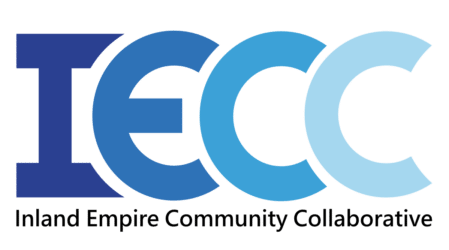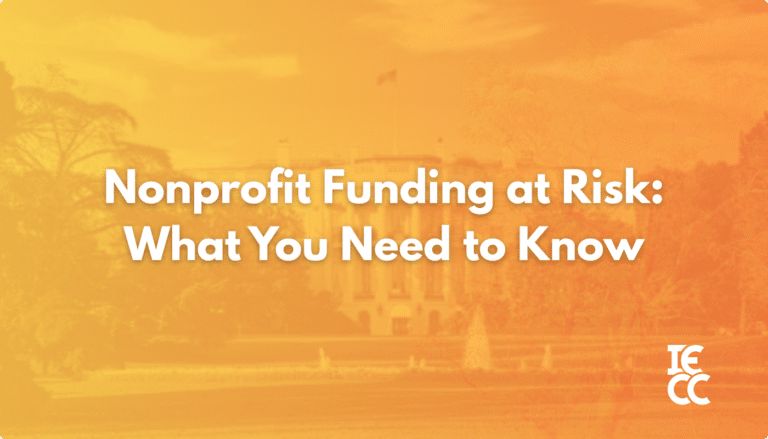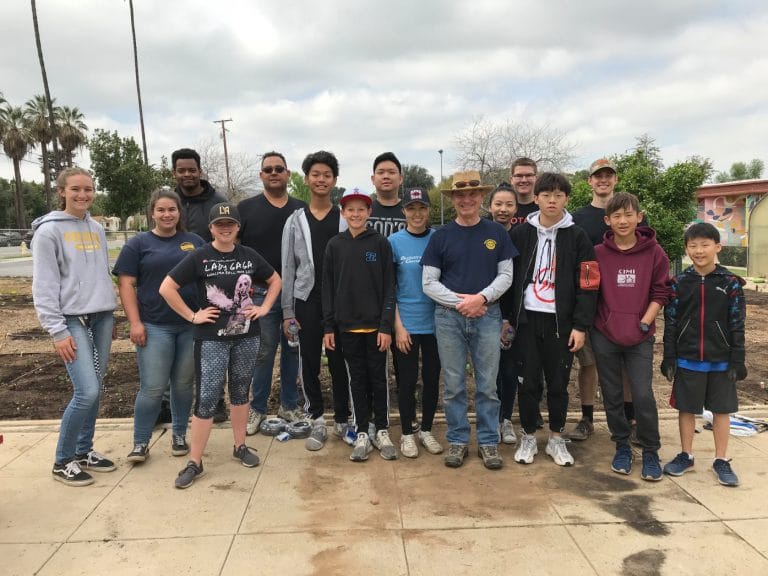Economic Recovery Recommendations from the Inland Empire Nonprofit Sector 2021

A group of regionally-serving nonprofit leaders have been meeting weekly during the pandemic to expeditiously address human service needs. We respectfully submit the following actions the counties of San Bernardino and Riverside should take to ensure that local nonprofit organizations continue to contribute to the economic recovery of residents and businesses of the region. To survive COVID-19, we need to begin discussing regulatory reform, new business approaches, and ways beyond grant funding that will support our nonprofit businesses to dramatically improve our communities and increase the likelihood of more racial and economic justice coming out of this crisis. Thank you for your consideration and your willingness to discuss these ideas and identify pathways forward in partnership.
1) Reform the reimbursement only payment system to meet community needs.
- Provide 20% of funding for all reimbursable contracts up front;
- Where eligible, allow nonprofits the indirect rates they have negotiated for federal contracts;
- Establish and commit to implementing a guaranteed reimbursement timeline, so that nonprofit contracts are paid in a timely way to reduce stress and instability in the nonprofit;
- Create annual listening sessions to receive and discuss feedback on operational and strategic issues between and with County and Nonprofit contractors;
- Set up an onboarding, mentoring practice between mature nonprofits receiving county contracts and new nonprofits receiving contracts.
2) Increase local preference points and update the definition of “local” nonprofit, in partnership with nonprofit partners.
- Increase the number of points for a current presence in the county;
- Add points for a majority of the organization’s Board members in the county;
- Add points for having headquarters in the county.
- Add points for having a diverse, representative board with BIPOC representation at least meeting County demographics.
3) Work with nonprofits to have access to unused county property
- Support the co-location of nonprofits in vacated office spaces where county programs still operate;
- Offer vacant county properties to nonprofits at below-market lease rates or sale – especially to expand childcare and youth programming during COVID;
- Offer underutilized vehicles or other equipment to extend nonprofit operational capacity.
4) Allow for advocacy.
- Include language in county contracts that nonprofit contractors will not be penalized or retaliated against for advocacy on behalf of their clients, their mission, and social justice issues.
5) Create a disaster network & Shelter In Place Fund.
- Fund and undertake a disaster planning process with multiple nonprofit sectors to more effectively and with greater coordination respond to different disasters;
- Effectively fund and utilize the IE’s Nonprofit Infrastructure to provide and distribute services;
- Support the creation of master databases and GIS mapping of services to meet gaps;
- Establish a rainy day fund that can support nonprofit providers during a crisis to maintain flows of services.
- Support the continuation of civic infrastructure built through Census Outreach for use in other emergency situations (Vaccine Outreach and Education, etc.).
6) Enhance nonprofit resiliency and capacity building support.
- Ensure coordinated technical support and capacity building to cohorts of similar organizations: Those providing the same type of services and/or serving the same clientele with differing services have access to nonprofit resilience strategies;
- Ensure coordinated technical support and capacity building to cohorts by location: High Desert, Coachella Valley, etc.
7) Support Professionalism and Human Resources in the Nonprofit Sector
- Create an HR Hotline for small businesses and nonprofits that is staffed with HR attorneys rather than specialists that sometimes are not as knowledgeable as attorneys on crucial COVID and other HR issues.
8) Advance Racial, Gender, and Economic Equity for the Inland Empire
- Engage the Government Alliance on Race and Equity entity and begin the assessment process using GARE principles to fully embed racial equity across county departments, policies, and systems;
- Undertake annual listening sessions on racial equity practices for county departments and programs with nonprofits.
9) Build a Permanent Relationship between the Nonprofit Sector and Counties.
- Create a nonprofit liaison office, similar to those for profit business community.
















